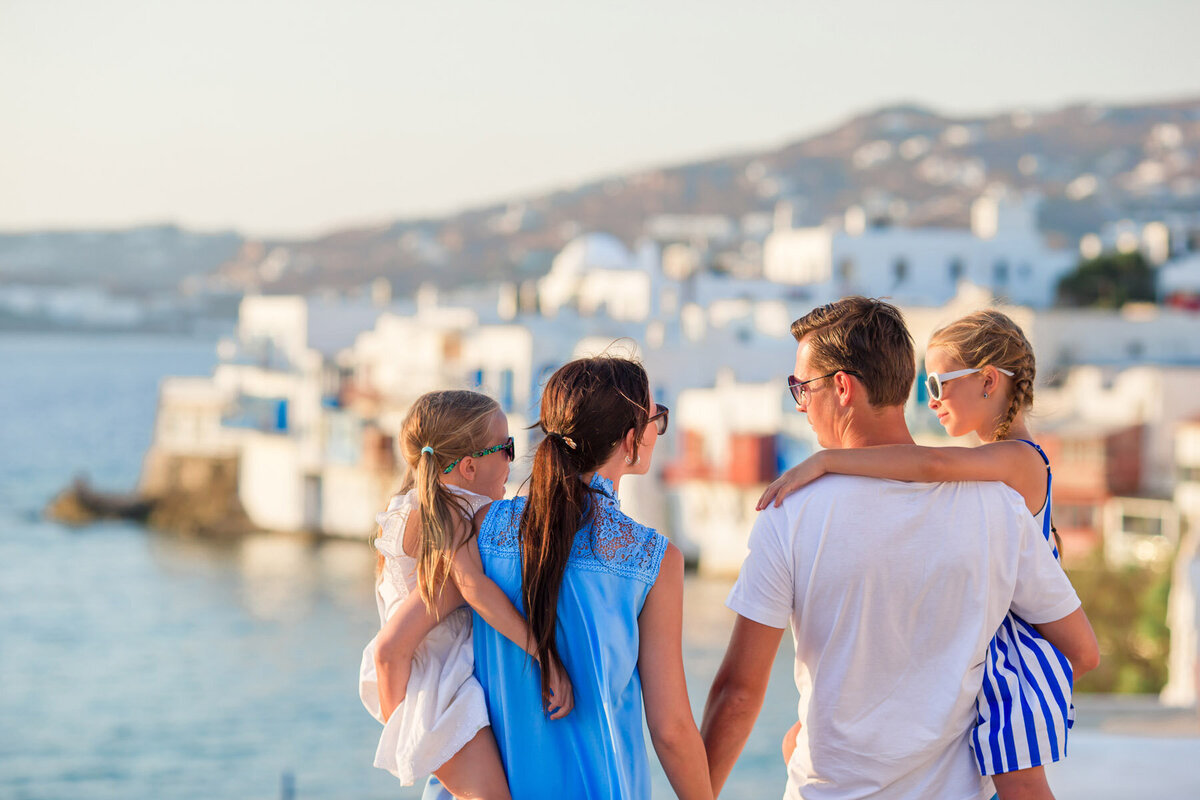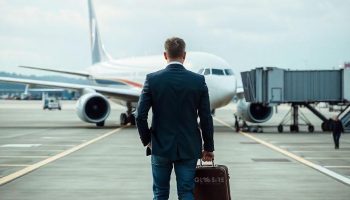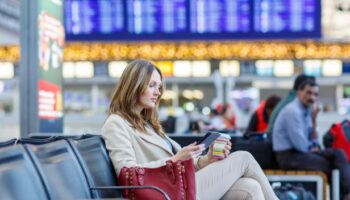Introduction: A Timeless Pursuit of Discovery
From the earliest nomads to today’s digital nomads, the human impulse to travel has remained a constant thread throughout history. Travel is not merely a physical movement across geographies; it is a philosophical undertaking—an invitation to observe, to learn, and ultimately, to evolve. Whether it’s a cross-continental voyage or a quiet retreat in a nearby village, every journey holds the potential to reshape our understanding of the world and ourselves.
In today’s interconnected world, travel has become both easier and more essential. As the pace of modern life accelerates, the need to pause, explore, and reflect becomes even more pressing. This article delves into why travel remains one of life’s most enriching experiences—and how its value extends far beyond vacation photos and airport check-ins.
The Transformative Power of Travel
Travel transforms in ways that few other experiences can. It shifts perspectives, stirs the soul, and expands one’s worldview in subtle yet significant ways.
Why travel is transformational:
-
Broadens perspective: Being immersed in unfamiliar cultures challenges preconceived ideas and stereotypes.
-
Ignites curiosity: The unknown inspires questions and encourages lifelong learning.
-
Builds emotional intelligence: Navigating new environments fosters empathy, patience, and resilience.
Every journey offers lessons not only about geography and history but about human nature itself. It cultivates a rare combination of humility and confidence, reminding us of how small we are—and how much we can grow.
Travel as a Pathway to Cultural Understanding
In an era of increasing polarization, travel serves as a crucial antidote to ignorance. It humanizes headlines and gives texture to places often reduced to statistics or stereotypes. When you walk the winding alleys of Istanbul, taste homemade tagine in a Berber home, or attend a temple ceremony in Bali, you engage with the authentic rhythms of everyday life.
How cultural travel enriches the soul:
-
Promotes tolerance and acceptance
-
Offers firsthand education outside classroom walls
-
Teaches the universal language of kindness and hospitality
Cultural exchange through travel fosters respect. It reminds us that while traditions may differ, core human values—love, family, generosity—are beautifully universal.
The Psychology of Wanderlust
What compels us to leave comfort behind and venture into the unknown? Psychologists suggest that travel satisfies intrinsic human needs: novelty, adventure, and self-discovery.
Key psychological rewards of travel:
-
Mental clarity: Time away from routine allows the brain to reset.
-
Boosted creativity: Exposure to new environments enhances cognitive flexibility.
-
Stress relief: Natural beauty, cultural immersion, and digital detoxes work wonders for mental well-being.
Travel is often the space where inspiration strikes—where writers find their words, artists their muse, and the weary their second wind.
Nature as a Muse: The Power of Landscapes
While cities offer cultural fascination, nature delivers awe. Whether it’s standing at the edge of the Grand Canyon, trekking the Inca Trail, or diving into the cerulean waters of the Maldives, nature reminds us of our place in the universe.
Nature travel rejuvenates by:
-
Rekindling a sense of wonder
-
Encouraging mindfulness and presence
-
Instilling a deeper respect for the Earth
There is something quietly healing about being surrounded by landscapes untouched by modernity. It’s where silence becomes sacred, and beauty becomes language.
The Rise of Conscious and Purposeful Travel
Today’s traveler is no longer content with passive sightseeing. There is a growing trend toward meaningful and ethical travel—one that values purpose over itinerary, impact over indulgence.
Traits of conscious travel:
-
Sustainability: Choosing eco-friendly accommodations, avoiding over-touristed destinations, and reducing carbon footprints.
-
Local engagement: Supporting artisans, dining at family-owned eateries, and participating in community-led experiences.
-
Cultural sensitivity: Learning a few local phrases, dressing respectfully, and understanding local customs.
The modern voyager understands that while travel is a privilege, it also carries a responsibility—to leave a place better than one found it, or at the very least, untouched.
The Joys of Slow Travel
In contrast to whirlwind tours and hurried snapshots, slow travel advocates for depth over breadth. It’s not about how many countries you tick off a list, but how deeply you connect with each one.
Benefits of slow travel:
-
Richer experiences: Living like a local reveals hidden gems not found in guidebooks.
-
Reduced burnout: Traveling at a slower pace enhances relaxation and enjoyment.
-
Stronger memories: Experiences are more memorable when time is taken to savor them.
Whether it’s spending a month in a Provençal village or walking the Camino de Santiago, slow travel offers something rare: time to truly inhabit a place.
Travel and the Art of Self-Discovery
Perhaps the most profound journeys are those that lead inward. Stripped of familiar surroundings and habitual roles, travelers often encounter parts of themselves long neglected.
Travel teaches self-awareness by:
-
Challenging your assumptions
-
Encouraging solitude and reflection
-
Reframing life priorities
Many return from travel not only with souvenirs but with a new clarity about what matters most. In a way, travel acts as a mirror—reflecting who we are, and who we might become.
Conclusion: A Journey Worth Taking
In a world brimming with distractions and responsibilities, travel remains one of the most rewarding ways to reconnect—with the world, with others, and with ourselves. It opens doors not only to places but to possibilities. It tells us stories through people, landscapes, and moments of stillness that leave a lasting imprint on the soul.
So whether you’re dreaming of distant shores or exploring your own backyard, remember this: travel is not a luxury—it is a deeply human act of exploration and connection. And in every journey lies the chance to return not just changed, but more fully alive.






